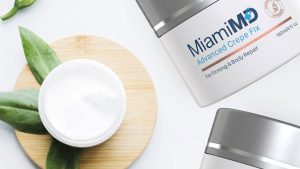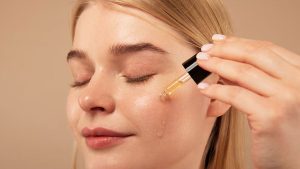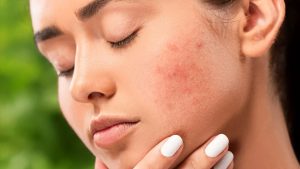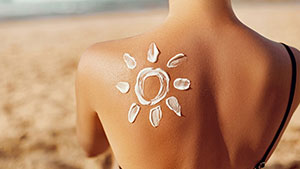How Often Should You Moisturize?
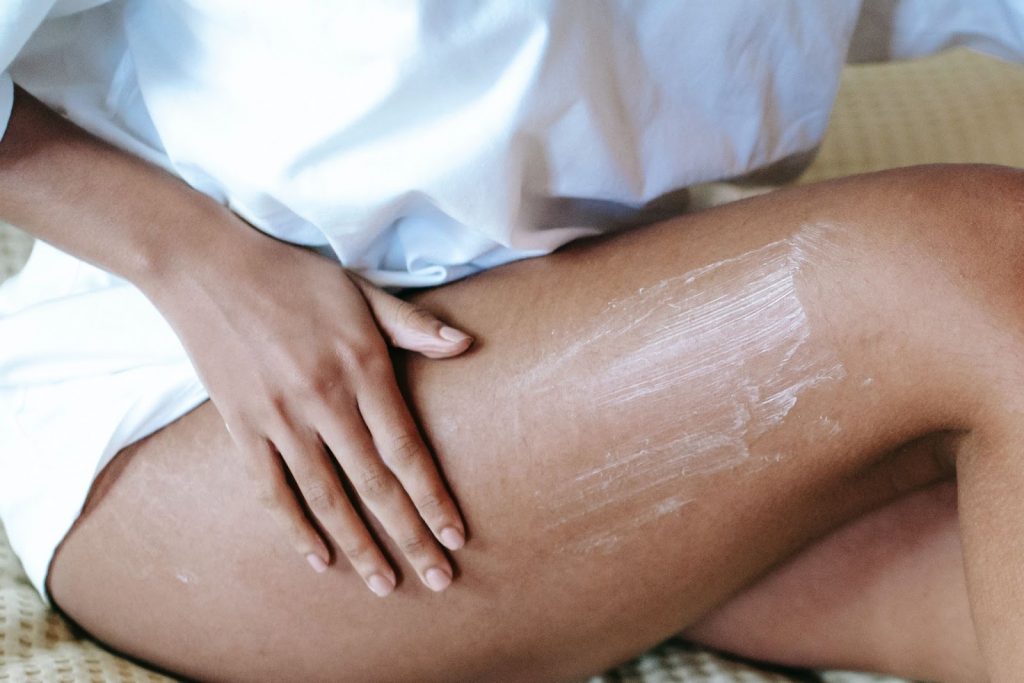
Taking good care of your skin is one of the most important keys to maintaining a youthful appearance, and that includes moisturizing your skin regularly. Depending on your skin type, you may be concerned about moisturizing too much or too little, so how often should you moisturize to keep your skin looking and feeling its best?
How Often Should You Moisturize Your Face?
The skin on your face is thinner, more sensitive, and shows signs of aging more quickly than the skin elsewhere on your body, which is why it is so important to moisturize your face regularly, even if you have oily skin.
While it might seem counterintuitive, depriving your skin of the moisture it needs can lead to more breakouts because it causes your body to overproduce oil to keep your skin moisturized.
You’ll want to moisturize your face at least once a day, but people with dry or mature skin or those who are trying to minimize visible signs of aging should moisturize twice daily.
How Often Should You Moisturize Your Body?
Your body does not need to be moisturized as often as your face because it typically receives less sun exposure and does not show signs of aging as readily. However, moisturizing is still important, as taking hot showers can dry out your skin.
In general, applying moisturizer after every hot shower you take is a good idea, and for most people, that’s about once a day. However, you may not need to moisturize as often if you don’t shower with hot water, or you may need to moisturize more often if you have dehydrated skin. In addition, if you have a certain body part that experiences dry skin more often than other areas, you can also moisturize only that area more often.
When Is The Best Time To Moisturize?
According to the Mayo Clinic, no matter how often you choose to moisturize, the best time to moisturize is immediately after showering, shaving, or exfoliating. This is because after showering, shaving, or exfoliating, your pores are dilated and better able to absorb moisturizer at a deeper level.
However, it’s essential that you pat your skin until it is just barely dry rather than rubbing it to avoid over drying your skin, which can cause flaking and peeling.
How Do You Know Which Type Of Moisturizer To Use?
While everyone needs to moisturize, some moisturizers are better suited to different skin types than others. The first step in determining what kind of moisturizer you need is identifying what kind of skin you have.
There are six different skin types to consider when trying to choose the right moisturizer:
Normal Skin
Normal skin is skin that is neither too oily nor too dry and is not overly sensitive. People with normal skin are fortunate to have skin that naturally maintains a good balance of moisture on its own, but they still need to moisturize. If you have normal skin, you’ll want to choose a water-based moisturizer and has a light, non-greasy feel.
Dry Skin
People with dry skin typically notice that their skin feels tight, flaky, rough, or itchy, and they need a richer moisturizer to help their skin maintain the right moisture balance. If you have dry skin, you’ll want to moisturize more often and use a thick, oil-based moisturizer that contains ingredients that help seal in moisture.
Lactic acid, urea, and petroleum jelly are all beneficial ingredients to look for in a moisturizer if you have dry skin, as they last longer than regular water-based lotions do and can help stop your skin from losing moisture.
If you find that your skin looks too greasy with a heavy moisturizer during the day, you can use a lighter moisturizer during the day and a heavier moisturizer at night.
Oily Skin
When you have oily skin, your complexion may appear greasy or shiny, and you may be more likely to experience breakouts. While it might seem tempting to dry out your oily skin to stop your skin from breaking out, products that remove natural oils from the skin are damaging. If you dry out your skin too much, your skin will begin to overproduce oil to restore moisture, leaving you worse off than when you started.
Instead, choose a light water-based moisturizer labeled non-comedogenic and oil-free, meaning that it will not clog pores. Apply a small amount of moisturizer to your skin after washing your face.
Combination Skin
Many people have combination skin that features both oily patches and dry patches. For example, it is common for the “T-zone,” which includes the forehead and nose, to be more oily, while the cheeks are often dry.
Combination skin can also occur in other areas of the body. People with combination skin should use a medium-weight moisturizer that contains a broad-spectrum sunscreen. If you have oily skin on your face and dry skin on your body, you can use a lighter moisturizer for your face and a heavier moisturizer.
Sensitive Skin
People with sensitive skin often find that many different ingredients commonly found in moisturizers, including artificial scents and dyes, irritate their skin. If you have skin, it’s essential to choose a moisturizer labeled as safer for those with sensitive skin, as it is less likely to cause redness, irritation, rashes, or itching.
It’s best to steer clear products containing any type of acid, as they are known to be irritating to sensitive skin. Keep in mind that just because produce contains ingredients listed as “natural” does not mean that they will not irritate your skin, as natural ingredients can still be irritating.
Mature Skin
As we age, our skin naturally has different needs. Mature skin starts to have difficulty retaining moisture, becomes thinner, loses elasticity, and is naturally more prone to sun damage. Therefore, people with mature skin need to use a heavier moisturizer similar to the type of moisturizer used by people with dry skin. Those who seek to prevent or reduce visible signs of aging should choose products that contain antioxidants, added retinoids, peptides, and oil-based moisturizers.
How Can You Get The Most Out Of Your Moisturizer?
Taking care of your skin to help keep you looking your best is about a lot more than simply applying moisturizer. While a good moisturizer is an important step in every skincare routine, you can take a number of different steps to ensure that you get the most out of your moisturizer and keep your skin looking and feeling its best.
- Use sunscreen daily and reapply regularly. Nothing ages your skin faster than sun exposure, so the number one most important thing you can do for your skin is to apply sunscreen with an SPF of 30 or higher every morning and reapply regularly throughout the day. In addition, many moisturizers contain sunscreen, so you don’t even need to add an extra step to your skincare routine.
- Wash your face with gentle products. Wash your face at least once a day and after you sweat with a gentle cleanser and warm or lukewarm water. Hot water is known to dry out your skin, so turn down the temperature. Avoid using products that strip oils from your skin.
- Apply your skin care products in the correct order. After cleansing your face, use a gentle toner to remove any remaining dirt or makeup on the skin. Then, apply any medicated creams that you may be using. Wait at least 30 minutes after applying medicated creams before applying your moisturizer.
- Stay hydrated. One of the most important things you can do to keep your skin moisturized is to drink plenty of water and other clear liquids to moisturize your skin from within. If you’re not drinking enough water, no amount of moisturizer will be able to keep your skin from drying out.
Summary
Every skin type has different needs when it comes to moisturizing; however, most people should moisturize their face twice a day and their body at least once a day. The type of moisturizer right for you will vary depending on whether your skin type is categorized as normal, dry, oily, combination, sensitive, or mature.
Make sure to apply your moisturizer to slightly damp skin right after your shower, shave, or exfoliate, and take good care of your skin by applying sunscreen daily and drinking plenty of water.
Sources:
Moisturizers: Options for Softer Skin | Mayo Clinic
